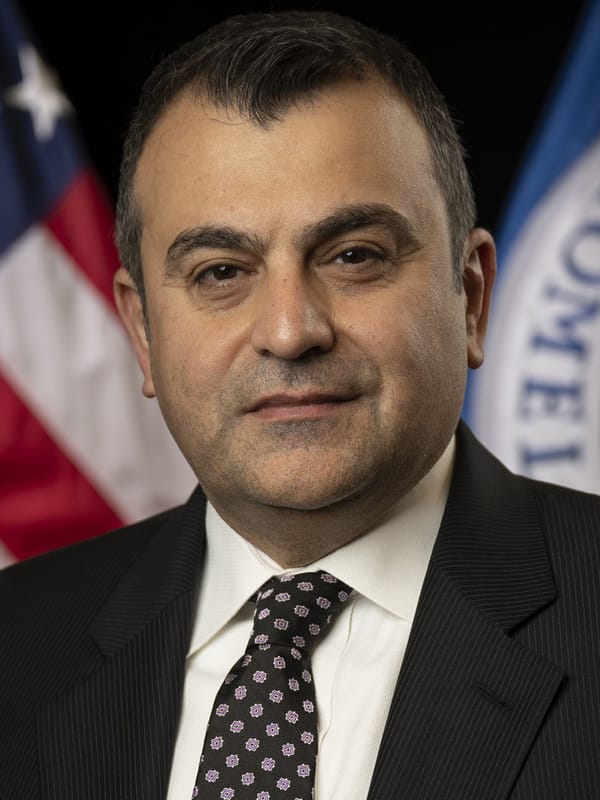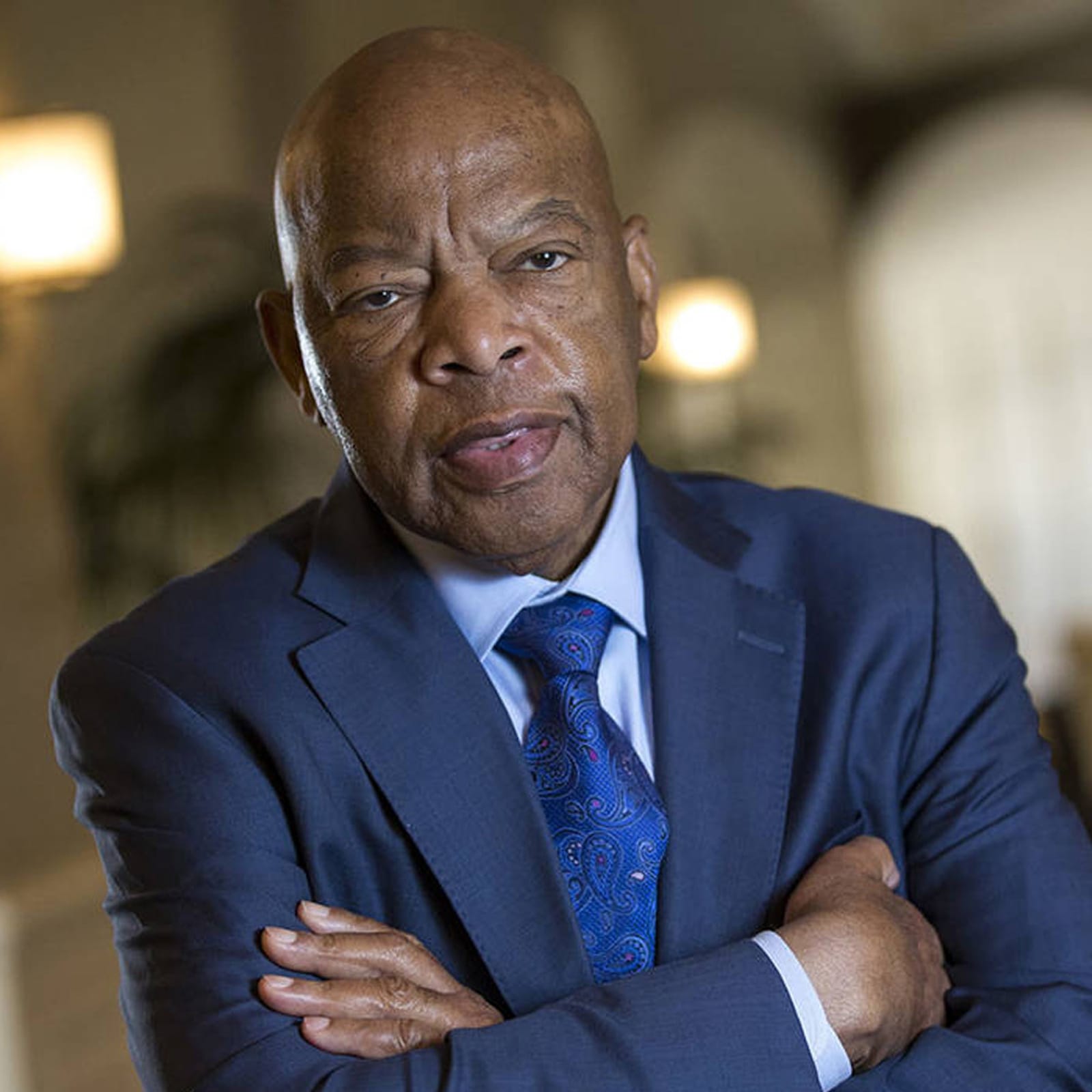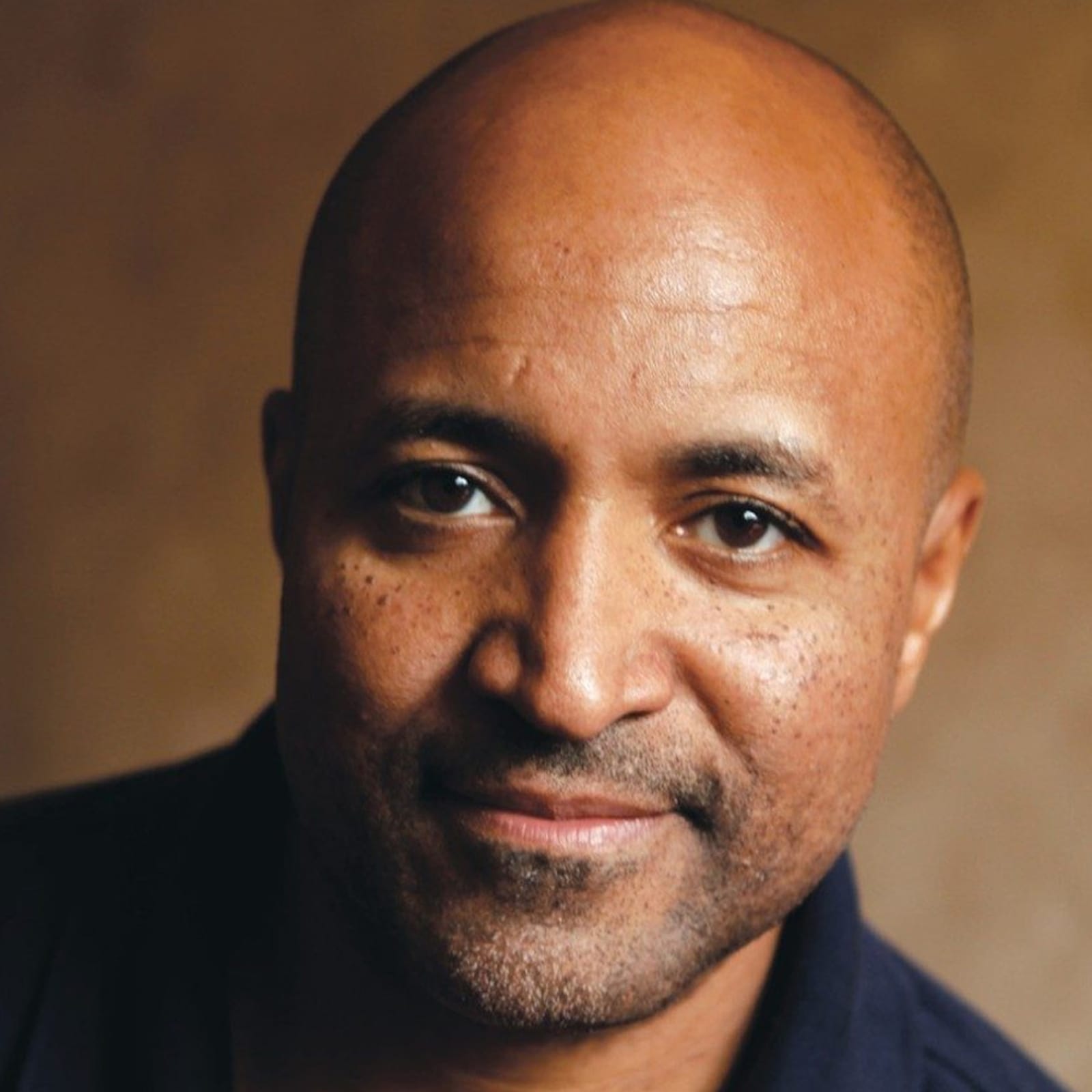
- Book Prize Recipient, 2012
Ali H. Soufan has been awarded the 2012 Ridenhour Book Prize for The Black Banners: The Inside Story of 9/11 and the War Against al-Qaeda. Soufan is one of America’s leading counterterrorism investigators; with The Black Banners, he has written the definitive history of al-Qaeda, and provides irrefutable evidence that torture is not only antithetical to American values, but produces false and dangerous information.
Soufan joined the Federal Bureau of Investigation in 1997 where he worked alongside John O’Neill, the head of the National Security Division in New York. At the time, Soufan, a Lebanese-American, was the only FBI agent who spoke Arabic in the city, and one of only eight in the country. O’Neill quickly recognized his young colleague’s talents, and they investigated and supervised highly sensitive and complex international terrorism cases, including the 1998 East African embassy bombings and the attack on the USS Cole. O’Neill was one of the few top agents to recognize the danger posed by al-Qaeda early on, and together with Soufan they began to piece together the inner workings of the little-known terrorist organization.
The Black Banners is Soufan’s extraordinary account of this time at the FBI and his investigations into al-Qaeda, starting with the beginnings of the group during the seizure of the Grand Mosque in Mecca by Islamic militants of 1979 and ending with the death of Osama bin Laden in 2010. Alongside vivid descriptions of field operations on both the frontlines and in the interrogation rooms, Soufan also reveals, in painful detail, the intelligence sharing failures of the US government. In an unforgettable scene, he describes being handed a secret file from the CIA on September 12, 2001, one day after the attacks that had killed thousands, including his friend and mentor O’Neill. Upon seeing its contents he ran from the room and was physically sick. The file contained photos and information pertaining to specific al-Qaeda operatives. Had he received the information months earlier when he requested it on multiple occasions, 9/11 might have been prevented.
The Black Banners demonstrates time and again that it is intelligent questioning, not torture, that yields valuable information from suspects. Soufan’s questioning of Abu Jandal, bin Laden’s former personal bodyguard, in the immediate aftermath of the 9/11 attacks remains one of the most successful interrogations of any al-Qaeda operative. He refused to participate in any “enhanced interrogation techniques,” arguing that they are not only immoral but produce bad and faulty intelligence.
Soufan retired from the FBI in 2005, disillusioned by how the war against al-Qaeda was being handled. He is now the Chief Executive Officer of The Soufan Group LLC, an international strategic consultancy group that advises governments. In April 2009, he broke his public silence about his experiences in a New York Times editorial titled “My Tortured Decision.” “It’s important to not allow the torture issue to harm the reputation, and thus the effectiveness, of the C.I.A,” wrote Soufan. “The agency is essential to our national security. We must ensure that the mistakes behind the use of these techniques are never repeated.”
More 2012 Prize Winners
One Bold Move, Countless Lives: Empowering Humanity, Changing the World.



